As Nigeria continues to experience economic downturn, experts convened at the Labour Writers Association of Nigeria (LAWAN) annual workshop to discuss survival options for workers, under the theme: ‘The Challenges of an Emerging Economy: Survival Options for Workers’, recently in Lagos.
In a keynote address, Wole Odubayo, Human Resources Director at Cadbury Nigeria, highlighted the significant challenges facing Nigeria’s economy. He attributed the economic downturn to slow growth, galloping inflation, high energy costs, and a weak currency, exacerbated by the nation’s reliance on oil exports and domestic issues like poor governance, weak civil structures, and corruption.
To address these challenges, Odubayo emphasised the need for workers to upskill and reskill through online courses, vocational training, and professional certifications. This he said, will enhance their skills and adaptability in a changing job market demands to remain employable.
He also urged employers to provide essential benefits like health insurance, pensions, and allowances, as well as comprehensive health and wellness programs.
Furthermore, Odubayo suggested that the government should offer incentives like tax waivers, reduced import duties, and streamlined bureaucratic processes to stimulate local manufacturing.
Echoing the concerns of experts, Joe Ajearo, NLC president, criticised the government’s policies, saying that the crisis of survival that has gripped Nigerian workers and citizens is not an accident of fate but a direct consequence of ill-thought-out and ill implemented policies by the Tinubu-led federal government.
Ajaero who was represented by his deputy, Comrade Adewale Adeyanju, said, the hike in the price of petrol, the devaluation of the Naira, and the unrelenting increases in electricity tariffs have compounded the hardships faced by ordinary Nigerians.
He noted that, unchecked corruption and fiscal indiscipline have paved the way for an ostentatious lifestyle among political office holders, with little regard for the suffering masses.
“The impact of these policies on the everyday lives of Nigerian workers and their families has been nothing short of devastating. The hike in petrol prices has led to an astronomical increase in transportation and food costs, which has, in turn, strained household budgets beyond breaking point.
“The devaluation of the naira has eroded the purchasing power of the average Nigerian, leading to a situation where even basic necessities are becoming increasingly unaftordable. Meanwhile, electricity tariffs continue to soar, forcing many into darkness and stifling small businesses, which are the backbone of our economy,” he said.
However, he, called for immediate reversal of fuel price hike.
Also, Comrade Toba Agboola, chairman, Labour Writers Association of Nigeria, LAWAN, said the economic downturn has created an unfriendly and harsh economic weather in the country, especially among Nigerian workers, which is shown by high energy cost, high bank interest rates as well as high exchange rate of Naira to dollar and a host of other challenges.
More worrisome, he said, is the spate of insecurity in the country and the fact that, most of the perpetrators are the unemployed youths in the nation, hence the workshop.
“We believe that the federal government has a lot to do, by intensifying efforts at providing needed enabling environment for manufactures, Small and Medium Enterprises (SMEs) among others to thrive,” he said.


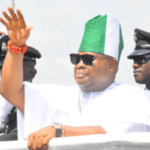

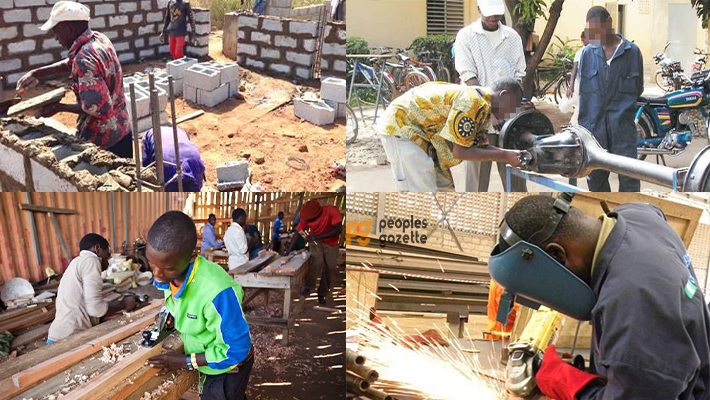
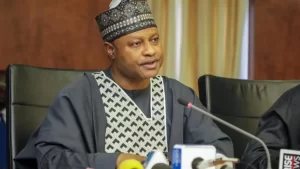
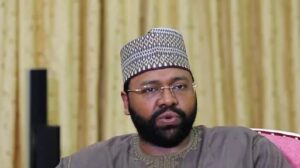
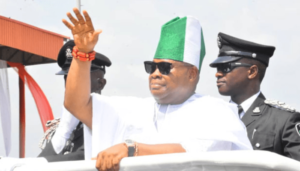
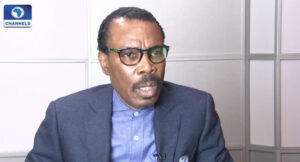
More Stories
FG has supported Naira with $8 billion, says Rewane
NNPC vs Dangote: Mele Kyari says security action taken against petrol reviewer
NBS latest data shows food inflation crashed by nearly 40%